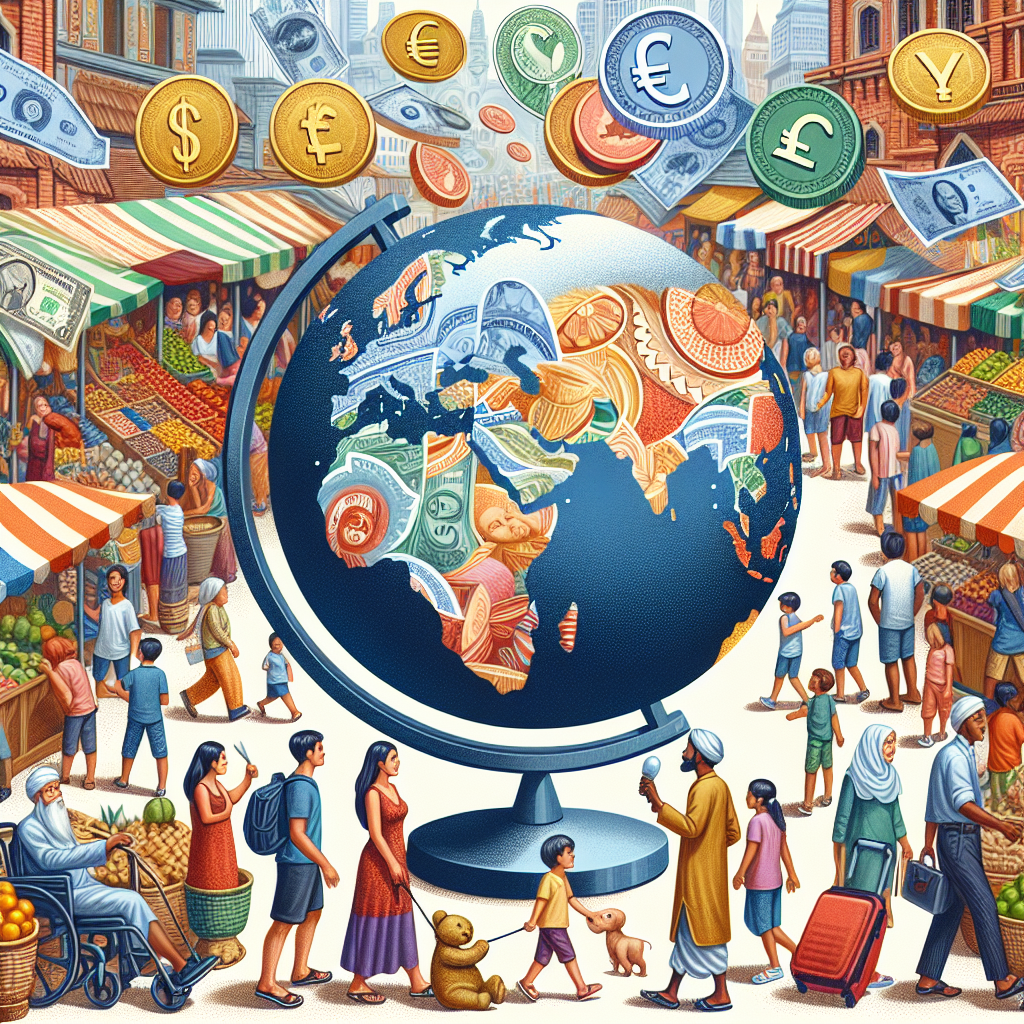Tourism is a booming industry that contributes significantly to the global economy. From job creation and infrastructure development to foreign exchange earnings and increased household income, the economic benefits of tourism are vast and wide-ranging. In this article, we will explore some of the key ways in which tourism drives economic growth and prosperity, and why it is considered a vital sector for many countries around the world.
One of the most significant economic benefits of tourism is job creation. The tourism industry is a major employer, providing jobs for thousands of people in various sectors such as hospitality, transportation, retail, and entertainment. According to the World Travel & Tourism Council, tourism supported over 330 million jobs globally in 2019, accounting for one in ten jobs worldwide. In many developing countries, tourism is a critical source of employment, particularly for women and young people who may not have access to other job opportunities.
In addition to creating jobs, tourism also stimulates economic growth through the development of infrastructure. To support the influx of tourists, destinations often invest in new airports, roads, hotels, restaurants, and other amenities. These infrastructure projects not only enhance the visitor experience but also create opportunities for local businesses to thrive. For example, hotels may source supplies from local farmers and artisans, while restaurants may showcase regional cuisine, providing a platform for small-scale producers to access new markets.
Furthermore, tourism contributes to foreign exchange earnings, as visitors spend money on accommodations, transportation, attractions, shopping, and dining. In many countries, tourism is a major export earner, generating revenue that can be used to offset trade deficits, support foreign exchange reserves, and stimulate economic growth. For example, in 2019, international tourism receipts totaled $1.5 trillion globally, representing over 30% of the world’s exports of services.
Moreover, tourism has a multiplier effect on the economy, creating ripple effects that benefit a wide range of industries. When tourists spend money in a destination, that money circulates throughout the local economy, supporting businesses of all sizes. For example, a visitor may stay at a hotel, eat at a restaurant, and purchase souvenirs from local artisans, thereby generating income for numerous businesses along the supply chain. This, in turn, leads to increased household income, reduced poverty, and improved living standards for local residents.
Additionally, tourism can drive regional development and diversification, spreading economic benefits beyond major cities to rural areas and underserved communities. By promoting lesser-known destinations, tourism can help reduce regional disparities and create opportunities for local entrepreneurs to showcase their culture, heritage, and natural beauty. For example, ecotourism initiatives in remote villages can provide alternative livelihoods for marginalized communities, empowering them to preserve their traditions while benefiting from tourism revenues.
In summary, the economic benefits of tourism are manifold and far-reaching. From job creation and infrastructure development to foreign exchange earnings and increased household income, tourism plays a vital role in driving economic growth and prosperity around the world. By investing in sustainable tourism practices and promoting responsible travel, countries can maximize the positive impacts of tourism while minimizing its negative effects on the environment and local communities.
FAQs:
1. How does tourism contribute to job creation?
Tourism is a major employer, providing jobs for thousands of people in various sectors such as hospitality, transportation, retail, and entertainment. According to the World Travel & Tourism Council, tourism supported over 330 million jobs globally in 2019, accounting for one in ten jobs worldwide.
2. What is the importance of infrastructure development in the tourism industry?
Infrastructure development is crucial for supporting the influx of tourists and enhancing the visitor experience. By investing in new airports, roads, hotels, restaurants, and other amenities, destinations can attract more visitors and create opportunities for local businesses to thrive.
3. How does tourism contribute to foreign exchange earnings?
Tourism generates revenue through visitor spending on accommodations, transportation, attractions, shopping, and dining. In many countries, tourism is a major export earner, contributing to foreign exchange reserves and stimulating economic growth.
4. What is the multiplier effect of tourism on the economy?
Tourism creates ripple effects that benefit a wide range of industries, as tourists spend money that circulates throughout the local economy, supporting businesses of all sizes. This, in turn, leads to increased household income, reduced poverty, and improved living standards for local residents.
